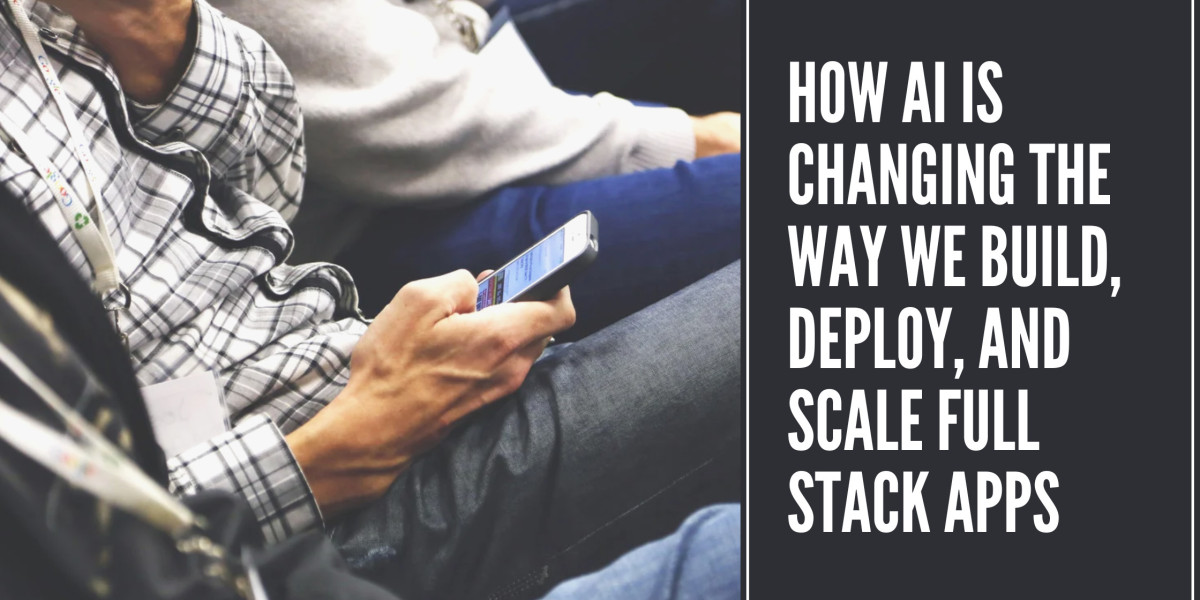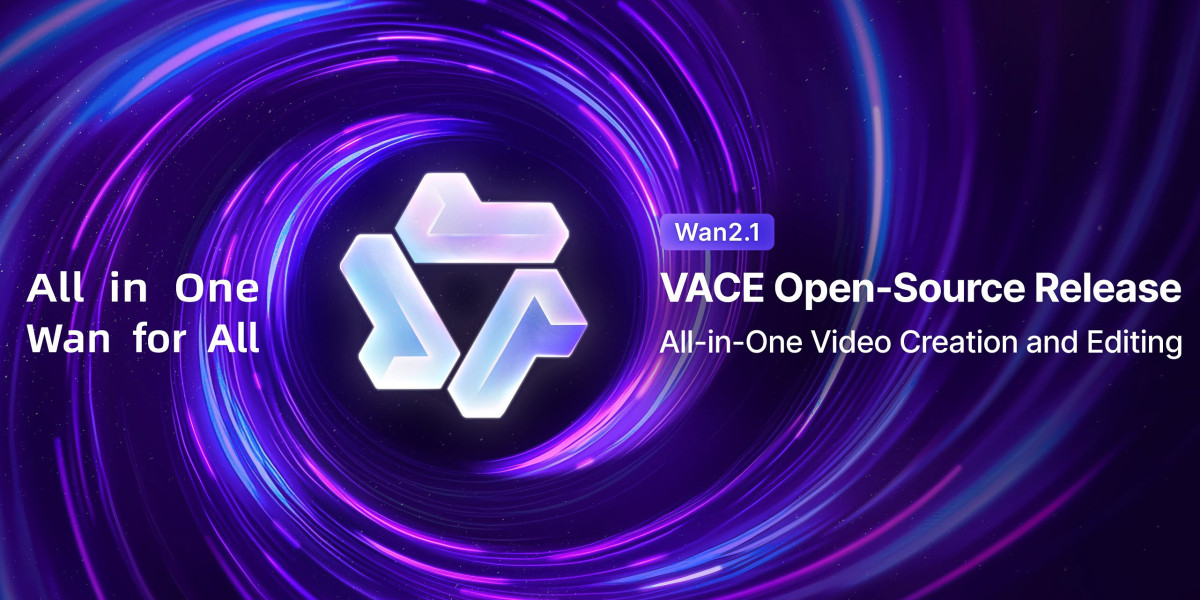Introduction: A Revolution in Full Stack Development
The landscape of web and app development is undergoing a profound transformation, one driven by the powerful synergy between Artificial Intelligence (AI) and Full Stack Development. While Full Stack developers have traditionally been responsible for both the front-end and back-end of applications, the incorporation of AI is reshaping the development process in ways that were previously unimaginable.
In this blog, we’ll explore how AI is revolutionizing the way Full Stack developers build, deploy, and scale apps. By automating tasks, predicting user behavior, and optimizing performance, AI is changing the rules of the game, and developers who embrace these changes are positioned to build smarter, faster, and more efficient applications.
Building Smarter Full Stack Apps with AI
Enhanced User Experience Through Personalization
One of the most significant changes AI brings to Full Stack development is the ability to deliver personalized user experiences. AI-powered tools analyze user data and behavior, enabling apps to predict what users want even before they explicitly express it. Whether it's recommending products, curating content, or tailoring the UI based on user preferences, AI makes apps smarter by continuously learning and adapting to each individual’s needs.
For example, think of streaming platforms like Netflix or Spotify. Their recommendation engines are powered by AI algorithms that analyze your viewing or listening history to suggest new content. This level of personalization would have been impossible to achieve with traditional development techniques alone. Full Stack developers can now integrate these AI-driven features directly into apps, significantly enhancing user engagement.
Automated Code Generation and Testing
AI is also making Full Stack development more efficient by automating routine tasks like code generation, bug fixing, and testing. This is particularly beneficial in the early stages of development, where developers can rely on AI tools to generate boilerplate code or identify potential bugs before they become major issues.
Tools like GitHub Copilot use machine learning to suggest code snippets in real-time based on context. This speeds up development and ensures higher quality code. AI also assists in writing unit tests by generating test cases that cover all possible code paths, something that would be tedious and time-consuming for a human developer.
This automation not only accelerates the development process but also minimizes human errors, allowing Full Stack developers to focus on more creative and complex tasks that require their expertise.
AI-Powered Development Frameworks
Many modern development frameworks are now incorporating AI capabilities. For example, frameworks for building JavaScript-based apps like React or Angular have seen improvements in their performance thanks to AI-based tools. These tools analyze the code structure, suggest improvements, and automatically optimize front-end rendering, ensuring apps perform well across various devices and platforms.
On the back end, AI tools help streamline database management, predict server loads, and even adjust resource allocation dynamically based on user traffic. Full Stack developers can now rely on AI to make real-time decisions, ensuring applications run smoothly without manual intervention.
Deploying Full Stack Apps with AI
Smarter Deployment with Predictive Analytics
The process of deploying Full Stack apps is becoming much more intelligent with the introduction of AI. Traditionally, deployment required manual interventions like scaling servers, managing load balancing, or identifying bottlenecks. AI is now being used to predict user traffic patterns, allowing developers to deploy apps in a way that anticipates usage spikes and optimizes resource allocation.
With AI-based tools, developers can predict traffic surges before they occur and adjust server resources in real time, minimizing downtime and preventing slow load times. Machine learning algorithms analyze historical data to forecast user activity, making the deployment process much more seamless and efficient.
Continuous Integration and Continuous Deployment (CI/CD) Enhanced by AI
AI is playing an increasingly important role in improving CI/CD pipelines. These pipelines are essential for automating the deployment process, enabling developers to continuously integrate changes and deploy updates with minimal manual intervention. By incorporating AI into CI/CD, developers can now automate not only the integration and testing phases but also monitor deployments for any anomalies that might indicate potential issues.
AI-powered CI/CD tools can automatically detect bugs, security vulnerabilities, and performance issues during deployment, notifying developers in real time. This ensures that any problem is addressed immediately, preventing the application from being deployed with undetected issues. By integrating AI with CI/CD, Full Stack development becomes more efficient, less error-prone, and more reliable.
Scalable Deployment with AI-Driven Cloud Services
Scaling a Full Stack app used to be a labor-intensive process, requiring careful planning and manual adjustments to cloud resources. With the power of AI, developers can now leverage cloud services that automatically scale based on real-time demand. Cloud platforms like AWS, Google Cloud, and Azure now use AI to predict demand and scale resources accordingly.
For example, if an app experiences a sudden surge in user traffic, AI-driven cloud infrastructure can dynamically allocate additional computing power or storage resources without requiring human intervention. This automatic scaling ensures that the app remains responsive and accessible to users at all times, regardless of how much traffic it is receiving.
Scaling Full Stack Apps with AI
AI for Performance Monitoring and Optimization
Once a Full Stack app is deployed, the next challenge is ensuring that it remains performant as user numbers grow. AI is playing a crucial role in performance monitoring and optimization by continuously analyzing the app's performance in real time. AI-powered tools can track everything from server response times to the efficiency of database queries, providing insights into potential performance bottlenecks.
For example, AI can detect slow-loading pages and suggest optimizations such as caching or database indexing. It can also predict when an app might experience a dip in performance, allowing developers to preemptively address these issues before they affect the user experience. By relying on AI-driven performance monitoring, Full Stack developers can ensure that their apps remain fast and responsive as they scale.
AI for User Retention and Engagement
As apps scale, retaining users and keeping them engaged becomes a primary concern. AI-driven user engagement strategies can help Full Stack developers build apps that retain users by delivering personalized experiences, sending targeted notifications, or even adapting the app’s functionality based on user behavior.
For instance, AI can analyze user activity to predict when they are likely to churn, allowing developers to proactively send re-engagement notifications or offer personalized incentives. By leveraging AI, developers can increase user retention and build apps that grow alongside their user base.
AI for Predictive Maintenance
The future of scaling Full Stack apps involves more than just handling growth—it’s about ensuring long-term sustainability. AI can assist with predictive maintenance, identifying areas of the app that are likely to fail or degrade over time. By predicting potential issues before they occur, AI allows developers to fix problems proactively, reducing downtime and minimizing the risk of catastrophic failures.
For example, AI can analyze server performance, database health, and even user interactions to predict when certain components of the app might need maintenance. By staying ahead of potential issues, Full Stack developers can keep their apps running smoothly at scale, providing an uninterrupted experience to users.
Conclusion: Embracing the Future of Full Stack Development with AI
As we’ve seen, AI is radically transforming the way Full Stack developers build, deploy, and scale apps. From personalized user experiences and automated coding to smarter deployment processes and performance optimization, AI is enabling developers to create more intelligent, scalable, and efficient applications. The future of Full Stack development is here, and it’s driven by AI.
For businesses looking to leverage these capabilities, partnering with a full stack development company that understands the intricacies of AI and its integration with modern development practices is key to staying ahead of the competition.








